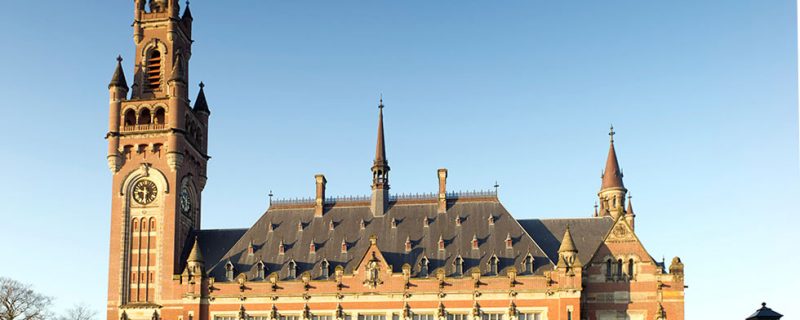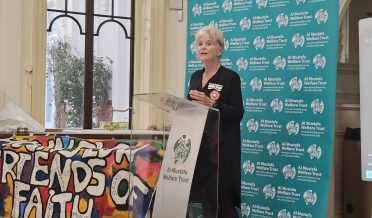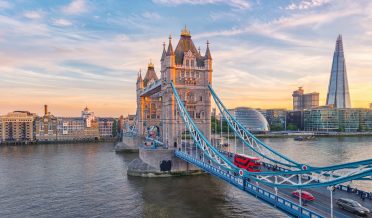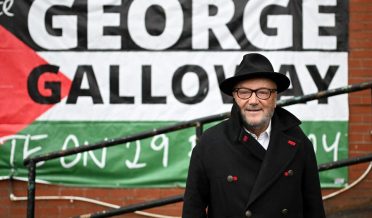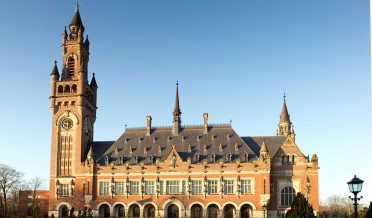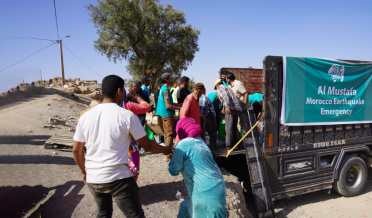Tajammul Latif Gurmani
The International Court of Justice (ICJ) delivered its interim ruling on the emergency measures requested by South Africa in its genocide case against Israel over its war in Gaza.
The top United Nations court in The Hague on Friday did not order a ceasefire in Gaza but told Israel to take measures to prevent and punish direct incitement of genocide in the besieged enclave. ICJ President Joan Donoghue noted that the court had found sufficient evidence of dispute for the genocide case and said it would not throw it out.
Israel has also been ordered to allow humanitarian aid into Gaza and has been asked to report back to the court within a month about how it is upholding the court’s orders.
Here are some global reactions:
Palestine
Palestine’s Ministry of Foreign Affairs and Expatriates welcomed the ruling, saying it is an “important reminder” that no state is above the law.
Foreign Minister Riyadh Maliki noted that Israel failed to persuade the court that it was not violating the 1948 Genocide Convention.
“The ICJ judges saw through Israel’s politicisation, deflection, and outright lies. They assessed the facts and the law and ordered provisional measures that recognised the gravity of the situation on the ground and the veracity of South Africa’s application,” he said.
“Palestine calls on all states to ensure respect for the order of the International Court of Justice, including by Israel.”
Palestinians in Gaza
Palestinians in Gaza said they were devastated by the court’s decision not to order Israel to cease its near-four-month bombardment and ground invasion of the enclave.
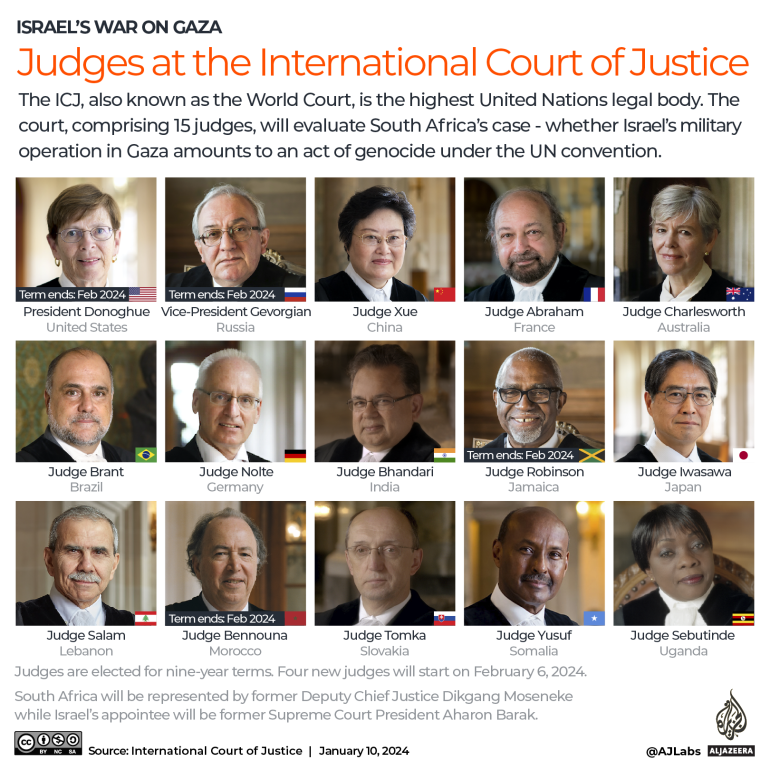
Israel
Prime Minister Benjamin Netanyahu slammed the ruling as “outrageous”.
In a video message shortly after the court order, he said Israel is fighting a “just war like no other”, adding that it will continue to defend itself and its citizens while adhering to international law.
Hamas
Hamas hailed the court’s “important” ruling, saying it “contributes to isolating Israel”.
“The [International] Court of Justice’s decision is an important development which contributes to isolating Israel and exposing its crimes in Gaza,” it said in a statement.
Saudi Arabia
Saudi Arabia expressed approval for the emergency measures recommended by the ICJ. A statement from the Ministry of Foreign Affairs said the kingdom reiterated “its categorical rejection of the Israeli occupation’s practices and violations of the United Nations Convention on genocide”.
South Africa
The South African government called the ruling a “decisive victory” for international law and said it hoped Israel would not act to frustrate the application of the court’s orders.
The ruling marked a significant milestone in the search for justice for the Palestinian people, the government said, adding that South Africa will continue to act within global institutions to protect the rights of the Palestinians in Gaza.
Outside the ICJ headquarters in The Hague, Naledi Pandor, South Africa’s minister of international relations, told reporters that Israel will have to halt fighting in Gaza if it wants to adhere to the court’s orders.
“How do you provide aid and water without a ceasefire,” Pandor asked. “If you read the order, by implication, a ceasefire must happen.”
United States
The US said the ICJ ruling was consistent with Washington’s view that Israel has the right to act, in accordance with international law, to ensure the October 7 attack cannot be repeated.
“We continue to believe that allegations of genocide are unfounded and note the court did not make a finding about genocide or call for a ceasefire in its ruling and that it called for the unconditional, immediate release of all hostages being held by Hamas,” a State Department spokesperson said.
United Kingdom
A spokesperson for the Foreign and Commonwealth Office said while the government respects “the role and independence of the ICJ”, it has “considerable concerns about this case, which is not helpful in the goal of achieving a sustainable ceasefire”.
“Israel has the right to defend itself against Hamas”, the spokesperson told Al Jazeera, adding that “our view is that Israel’s actions in Gaza cannot be described as a genocide, which is why we thought South Africa’s decision to bring the case was wrong and provocative”.
A similar mixed response has been given by Qatar, Egypt, Turkey, Iran, Malaysia, Canada, Spain, Belgium, Ireland, Scotland, Germany, France, European Parliament, and Amnesty International, Human Rights Watch. Now it is to see how much Israel follows the decision given by the “International Court of Justice” and what positive role the United Nations plays in it!

